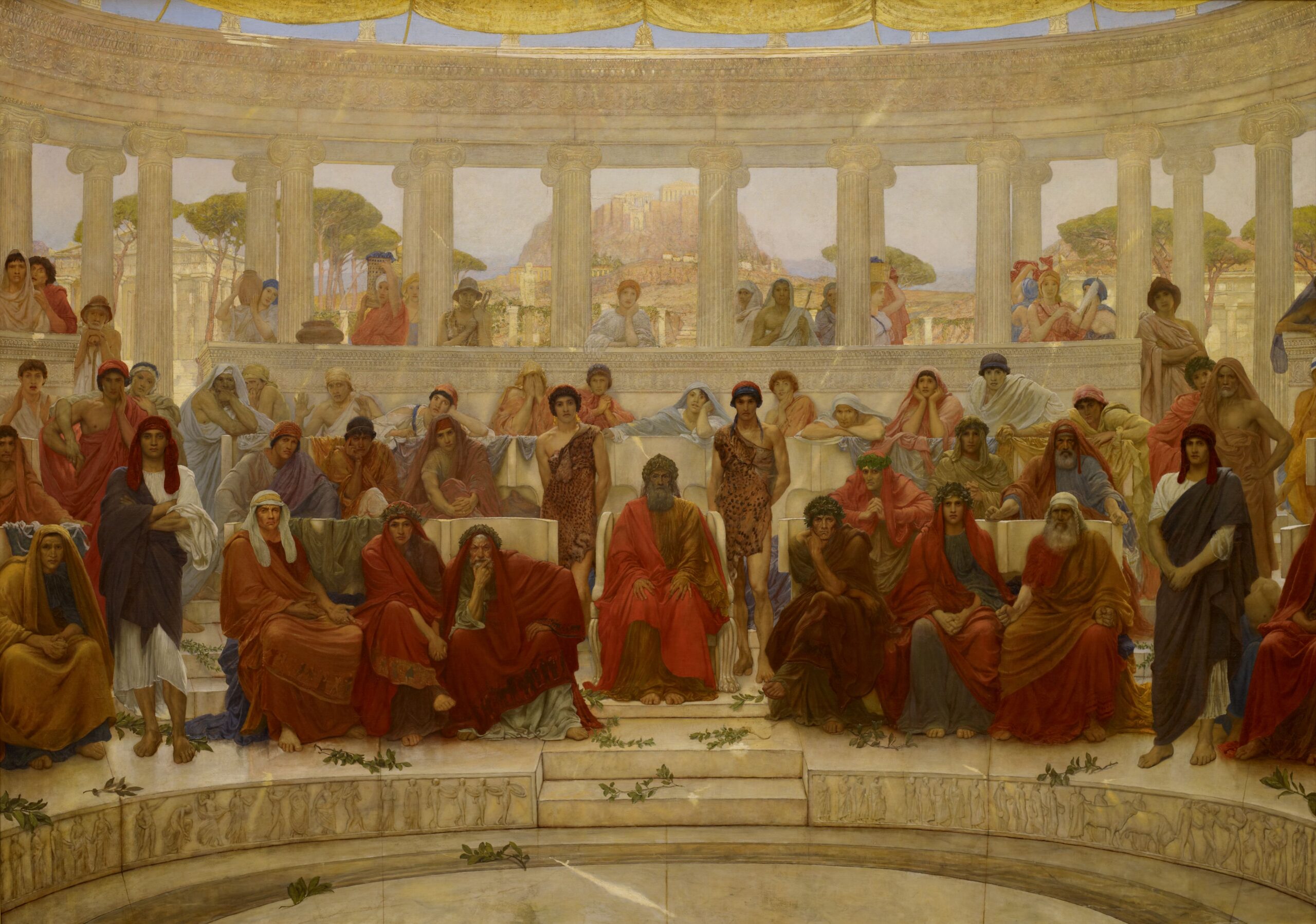Starship Troopers? A Military Reading List from Down Under
Many of the books listed here deal with the history of war (for war knows no nationality), and of Australians at war and of the Australian Army. History provides us with an understanding of where we have come from as individuals and institutions, and offers intellectual tools to help us analyse and understand the issues and problems of our own time within their context. The study of history also helps soldiers understand the shape and nature of war; the great Prussian theorist, Carl von Clausewitz, observed that ‘war changes far less frequently and significantly than most people appreciate ... because the material culture of war, which tends to be the focus of attention, is less important than its social, cultural and political contexts and enablers’. The attainment of professional mastery lies in understanding and appreciating war in all its manifestations and dimensions.


